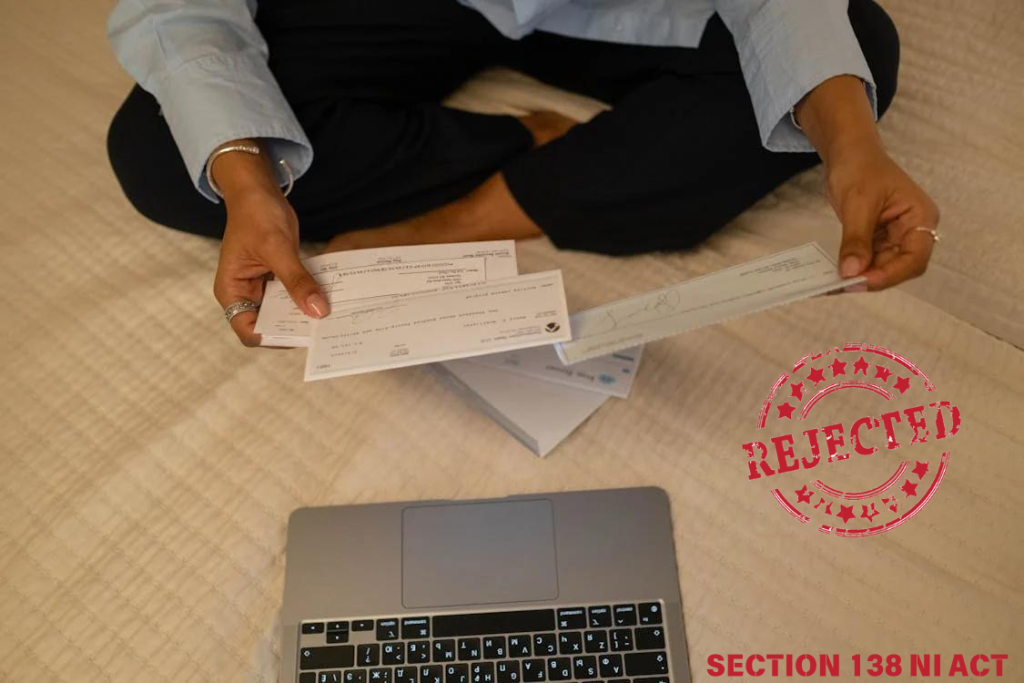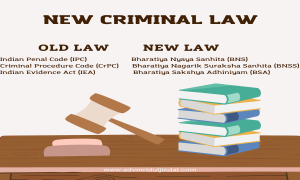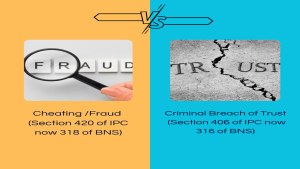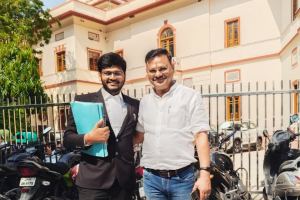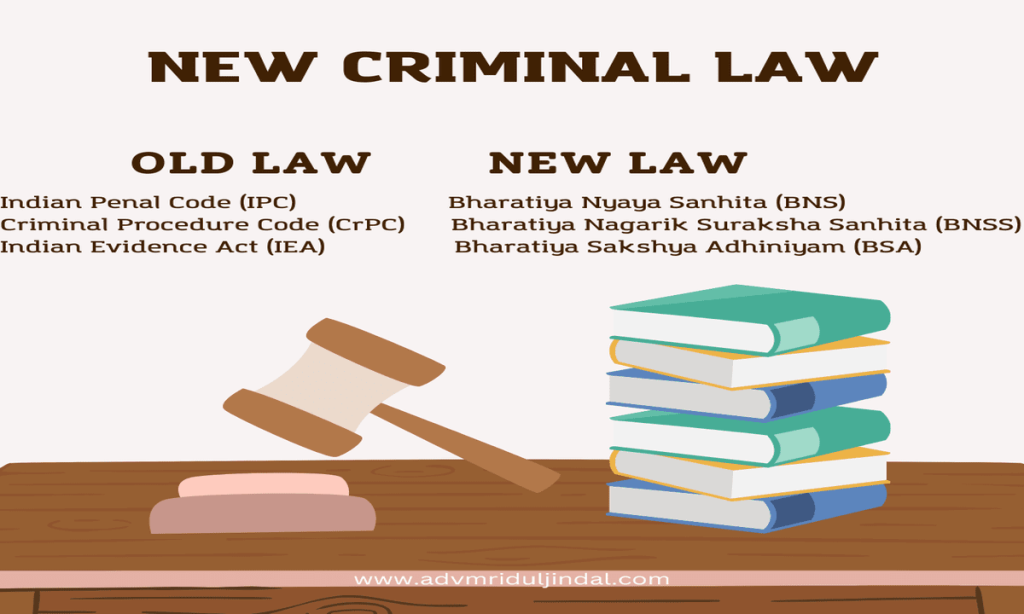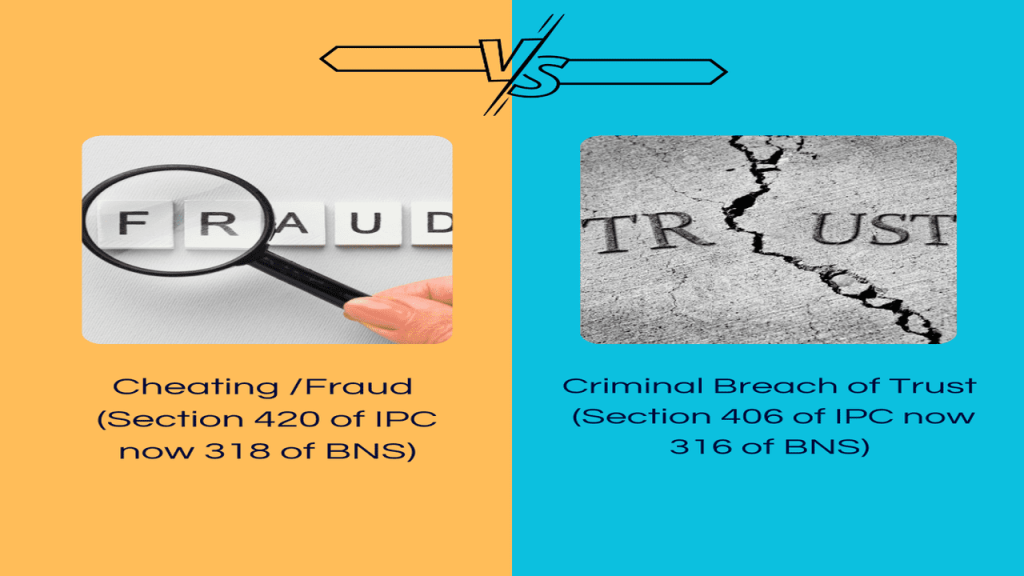Historically, serving notices involved physical delivery—an approach fraught with delays and opportunities for evasion. However, recent advancements in technology, combined with unprecedented challenges like the COVID-19 pandemic, have prompted significant changes in how notices are served. The shift towards digital communication reflects broader changes in society and technology, raising the question: Are electronic modes like WhatsApp and email now valid for serving legal notices? Let’s explore this evolving legal landscape.
The Traditional Method: Physical Delivery and Its Challenges
Traditionally, legal notices had to be delivered physically—via post, courier, or in person. This method, while effective, was not without its drawbacks. Recipients could evade or delay service by refusing delivery, exploiting postal delays, or simply being unavailable. These challenges often led to prolonged legal processes and added costs for parties involved.
The COVID-19 pandemic further exacerbated these issues. The nationwide lockdown made physical service of notices nearly impossible, prompting the judiciary to reconsider established norms. In July 2020, the Supreme Court of India, in the landmark case In Re Cognizance For Extension Of Limitation, acknowledged the difficulties posed by the pandemic. The Court allowed for the distribution of legal notices, summonses, and other documents through digital means—specifically WhatsApp and email—in addition to traditional methods.
The Rise of Digital Communication: WhatsApp, Email, and Beyond
The Supreme Court’s decision to permit service through WhatsApp and email was a significant shift. The ruling recognized that these modern communication tools could offer a more efficient alternative to traditional methods, especially in scenarios where physical delivery was impractical.
This shift aligns with broader legal trends embracing digital communication. In the case of Rajendra vs. State of U.P. and Anr., the Allahabad High Court addressed the presumption of service under Section 27 of the General Clauses Act, 1977. Traditionally, a registered letter was presumed served within 30 days of dispatch. However, the Court noted that advancements in postal services and online tracking systems had rendered this timeframe outdated. In the present time of digitalization and computerisation, delivery of post has become so fast that the court can presume that a correctly addressed registered post has been served upon the addressee within a maximum period of 10 days if the date of service is not mentioned in the complaint.
While passing the above order the court further referred to Section 4 of the Information Technology Act, 2000 (IT Act) which stipulates that if a law requires information to be in writing, this requirement is fulfilled if the information is provided in electronic form and is accessible for future reference. This provision is particularly relevant to the service of notices under the Negotiable Instruments Act (NI Act). The court further referred to “(Para 15.) Section 65(B) of the Indian Evidence Act, 1972 also accepts the admissibility of electronic records. Section 12 of the I.T. Act also provides the procedure for acknowledgement of receipt of notice in electronic form. Similarly, Section 13 of the I.T. Act also provides the time and place of dispatch of electronic records.”
The Court concluded that a notice sent via email or WhatsApp would be considered dispatched and served on the same date it was sent, provided it meets the requirements of Section 13 of I.T. Act, 2000.
Practical Implications: Faster and More Efficient Service
The integration of digital communication into legal processes has practical implications. Notices sent through email or WhatsApp are considered dispatched and served on the same date of sending, provided they comply with Section 13 of the IT Act. This change is particularly beneficial for cases under the NI Act, where timely notice to the drawer of a cheque is crucial. The ability to serve notices digitally not only speeds up the process but also reduces the potential for disputes over the timing of service.
Moreover, the courts’ recognition of the rapid delivery of registered post—presumed within 10 days—mirrors the efficiency of digital communication methods. This dual recognition of traditional and digital methods ensures that legal processes remain effective and responsive to contemporary needs.
Conclusion: A Modernized Legal Framework
The legal framework for serving notices in India has evolved significantly to embrace digital communication. While traditional methods of physical delivery remain valid, the introduction of digital tools like email and WhatsApp has streamlined the process, reflecting a judiciary that is both proactive and adaptable.

